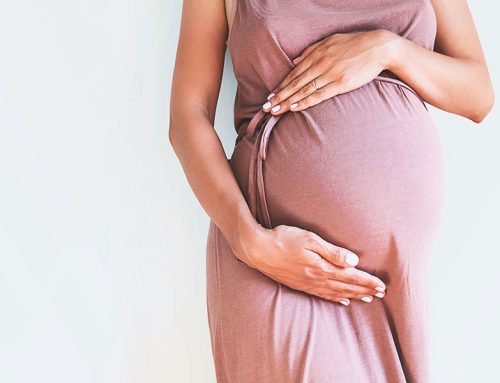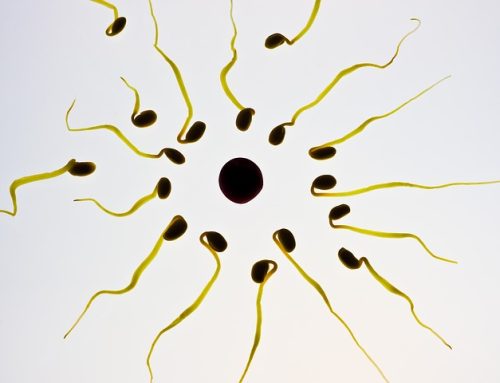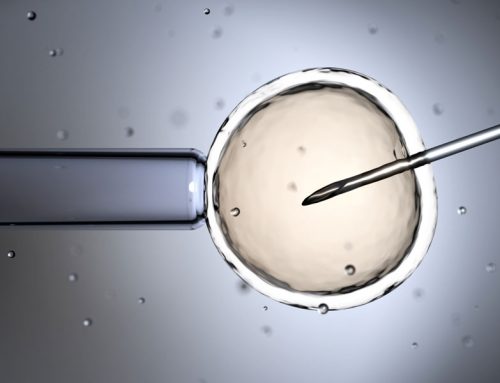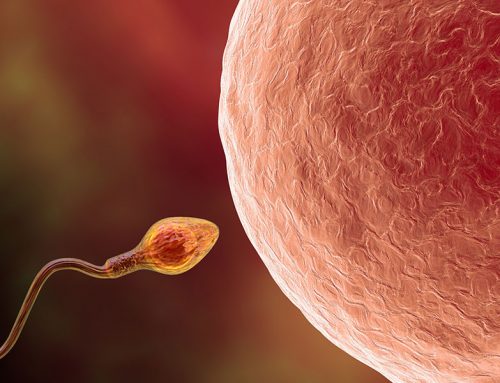Fertility. Reproduction. Next to survival, reproduction is the most important biological function for humans. A 2023 review shows that Coenzyme Q10 contributes to good female reproductive health. It is well documented that a considerable decline in human female reproductive potential comes with increasing age – upon entering one’s middle to high 30s and early 40s. This decline is associated with mitochondrial dysfunction and oxidative stress. An age-related decrease in CoQ10 levels may be part of the explanation [Hornos Carneiro 2023].

A current estimate is that infertility affects approximately 15% of couples (close to 50 million couples) worldwide. In both men and women, fertility declines with increasing age.
Generally, the effects of increasing age on reproductive health are observed sooner and are more evident in women than in men. Simply put, older women tend to have fewer eggs available for fertilization. Older women are also more susceptible to medical conditions that can result in infertility [Hornos Carneiro 2023].
Two things are characteristic of women who are having difficulty becoming pregnant [Hornos Carneiro 2023].
- a deterioration in cellular energy generation in the reproductive tissues, especially in the gonads (in this case, in the ovaries)
- an increase in the extent of oxidative damage caused by harmful free radicals
The available scientific evidence shows that optimal energy generation in the mitochondria in the cells is crucial for ideal oocyte maturation, for fertilization, and for embryonic development [Hornos Carneiro 2023].
Oxidative damage and/or mitochondrial dysfunction seem to be closely related to the age-related decline in human female reproductive potential [Hornos Carneiro 2023].
In particular, insufficient levels of antioxidants such as the lipid-soluble antioxidant Coenzyme Q10 in the cells are thought to lead to reduced mitochondrial function. This, in turn, results in lower ATP energy generation and to increased levels of oxidative stress [Hornos Carneiro 2023].
Studies of Coenzyme Q10 and Female Reproduction
Hornos Carneiro et al have reported on clinical studies of CoQ10 effects on female reproduction:
- association of higher CoQ10 concentrations in follicular fluid with better embryo parameters and higher pregnancy rates in women under 41 years of age
- correlation between elevated levels of Coenzyme Q10 and improved fertility
In 2021, Rodriguez-Varela & Labarta reported that oral CoQ10 supplementation exerts positive effects at the follicular level and creates a favorable environment for follicle development.
Note: Small sacs of fluid called follicles exist on the outside layer of the ovaries. These follicles contain immature eggs (called oocytes). When the follicles rupture, they release mature eggs to be fertilized.
Studies of Coenzyme Q10 and In-Vitro Fertilization
As a working hypothesis, it is possible to say that deficiencies in cellular CoQ10 concentrations may contribute to infertility in women. Some studies of women undergoing IVF treatment have failed to detect a beneficial effect of CoQ10 supplementation. Other studies have reported a positive correlation between elevated levels of Coenzyme Q10 and improved female fertility [Hornos-Carneiro 2023].
Giannubilo et al conducted a study of 15 female partners of infertile couples, aged 31–46, undergoing IVF-ET and taking 200 mg/day oral Coenzyme Q10 compared to unsupplemented female patients. Their findings were as follows:
- CoQ10 supplementation at 200 mg/day resulted in a significant increase in follicular CoQ10 content and in a significant improvement of its oxidative status.
- In female patients of different age groups (below and above 35 years of age), the CoQ10 supplementation provided significant protection related to age-related biochemical modifications in follicular fluid parameters.
- The improvement in follicular fluid parameters in the CoQ10-supplemented women could be associated with both CoQ10’s antioxidant activity in lipoproteins and CoQ10’s bio-energetic role.
- It seems likely that oral supplementation with Coenzyme Q10 can improve follicular fluid oxidative metabolism and oocyte quality, particularly in women over the age of 35 years.
Conclusion: CoQ10 Supplementation and Female Reproductive Health
- Mitochondrial dysfunction and oxidative stress are associated with age-related infertility.
- Insufficient CoQ10 levels are associated with both mitochondrial dysfunction and increased oxidative stress.
- CoQ10 supplementation can improve female reproductive potential by scavenging and neutralizing harmful free radicals.
- CoQ10 supplementation is a low-cost and low-risk method to obviate female fertility difficulties related to increasing age and exposure to harmful chemicals.
Not all commercially available CoQ10 products are equally well absorbed. Buying a CoQ10 product without documented absorption and bioavailability is likely to be a waste of money.
Sources
Giannubilo SR, Orlando P, Silvestri S, Cirilli I, Marcheggiani F, Ciavattini A, Tiano L. CoQ10 supplementation in patients undergoing IVF-ET: the relationship with follicular fluid content and oocyte maturity. Antioxidants (Basel). 2018 Oct 13;7(10):141.
Hornos Carneiro MF, Colaiácovo MP. Beneficial antioxidant effects of Coenzyme Q10 on reproduction. Vitam Horm. 2023;121:143-167.
Rodriguez-Varela C & Labarta E. Does coenzyme Q10 supplementation improve human oocyte quality? International Journal of Molecular Sciences. 2021;22(17):9541.
The information presented in this review article is not intended as medical advice. It should not be used as such.









Leave A Comment